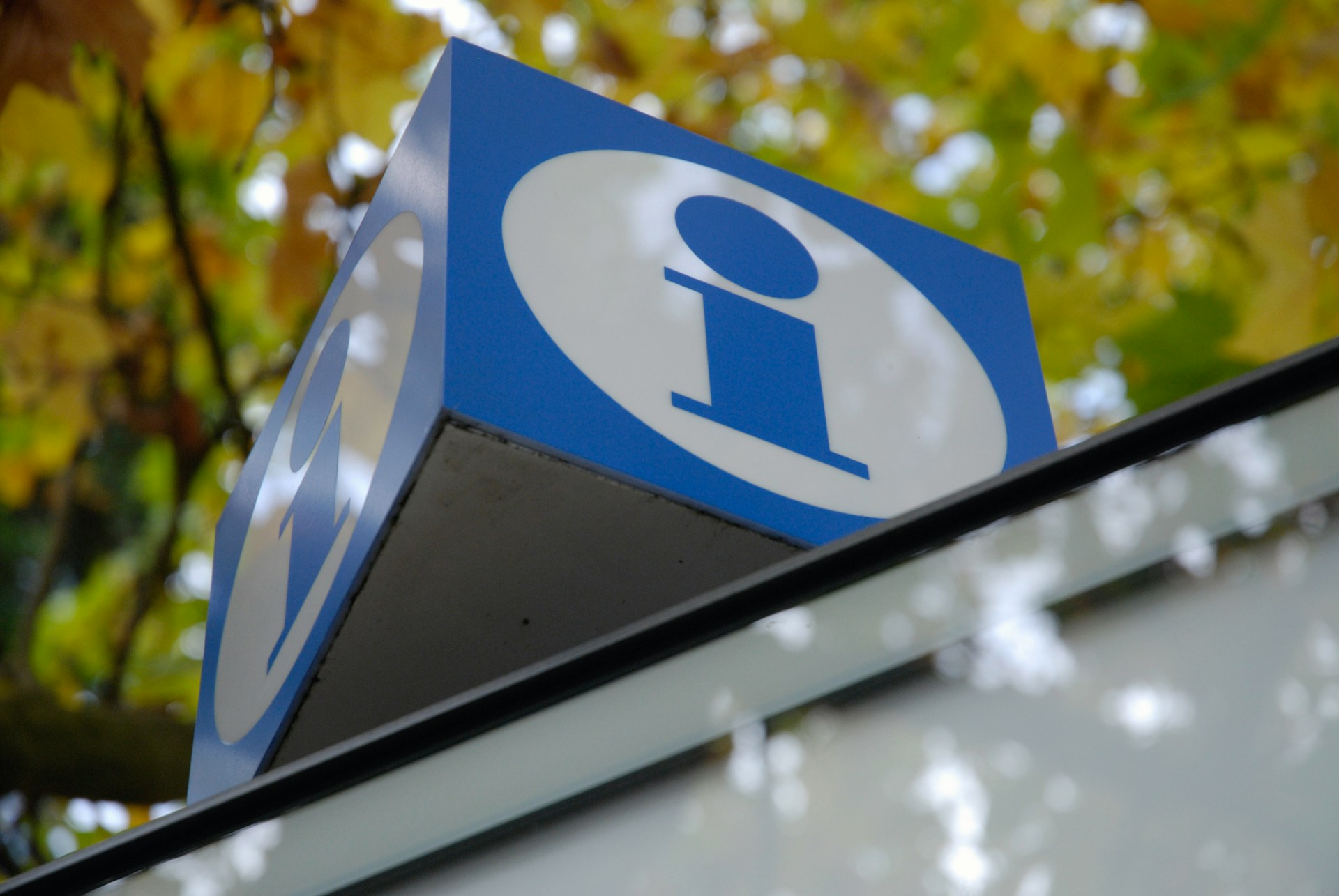If you plan on applying for a loan, credit card, or any other type of financing, you should look at your credit report. It’s the document creditors will assess when deciding whether to approve or reject your application.
This document contains your payment history and other factors that impact your credit. However, it’s possible for your credit report to contain errors that are unfairly hurting your score. Disputing any errors and getting them resolved can improve your credit and put you in a better position to qualify for important loans. Even if you already qualify by a wide margin, a few extra points can help you secure a lower interest rate and borrow more capital.
What Information Appears on Your Credit Report? Credit Report Elements
Your credit report is a snapshot of your ability to manage debt. It contains your payment history, your closed and open credit accounts, the credit limits for your accounts, and other information about your financial obligations. Creditors can also see how many times you have applied for credit. It’s a good idea to keep this number low before applying for an important loan or financial product that requires a hard credit check.
Common Types of Credit Report Errors
Several errors can show up on a credit report, but these are some of the most common ones you may find:
- Duplicate accounts
- Inaccurate information about your balances
- Incorrect credit limits
- Outdated information
- Inaccurate details about your payment history (i.e., the report may show that you missed a payment even if you made it on time)
- Incorrect personal information
While reviewing a credit report can add points to your score if you find mistakes, this process can also help you avoid identity theft. If you see any suspicious addresses or credit lines, you can get them addressed now instead of letting them linger. Identity theft is a serious issue that can hurt your credit and finances. It’s a good idea to stay on top of it by checking your credit report at least once per year.
What is a Dispute and How Does It Work?
A dispute is when you claim that any item on your credit report is inaccurate. You can dispute multiple items on your report, but negative information will only get removed if the credit bureaus deem that they are errors. You cannot use this approach to remove legitimate late payments, but disputes can clear up inaccuracies in your report.
How to Dispute Information on Your Credit Report
You can follow these steps to dispute any information on your credit report that you believe is incorrect.
Requesting a Copy of Your Credit Report
Each of the three major credit bureaus — Equifax, Experian, and TransUnion — are required to give you a free copy of your credit report each year. You can space out your request every four months to get a free credit report from each of the credit companies.
Spotting and Identifying Errors in Your Credit Report
You will have to review every line item of your credit report to detect discrepancies. It’s possible that your credit report has no errors, but you should keep a tally of any errors that are on your report. Reviewing the list of the common types of credit report errors will make it easier to find any mistakes.
Documenting and Organizing Evidence of Mistakes
Credit bureaus want proof that an item on your credit report is inaccurate. You will have to document each error and demonstrate why the specified items on your credit report are inaccurate.
Writing a Dispute Letter and Sending Them
The next step is to write a dispute letter and send it to the credit bureau that provided the report. You may also have to send a dispute letter to the financial institution that gave you the information. The major credit bureaus each let you submit your dispute letters online, and you can also contact them by phone.
Following up on your Credit Dispute
It takes time for credit bureaus to review disputes and make adjustments to various credit reports. You should only follow up with a credit bureau if you haven’t heard anything back within 30 days. Most disputes get addressed within one month. You can call credit bureaus on their phone lines to follow up on your dispute.
The Dispute Process: Tips and Other Things to Expect
These are some of the best practices to keep in mind when going through the credit dispute process.
How to Write a Dispute Letter
A dispute letter should clearly identify each error and offer proof in your favor. Writing a concise dispute letter and circling inaccurate items on your credit report can save the credit bureau time and result in a more seamless process.
Where to Send Dispute Letters
You can submit online disputes and also mail your letter to the credit bureau that produced the report. These are the addresses for the major credit bureaus:
- Equifax. P.O. Box 7404256. Atlanta, GA 30374-0256.
- Experian. Dispute Department. P.O. Box 9701. Allen, TX 75013.
- TransUnion. Consumer Solutions. P.O. Box 2000. Chester, PA 19022-2000
What to Include in Credit Disputes
Make sure you include a list of each item you are disputing and offer any proof of facts that can support your argument. Focus on providing the essential details for each error you are disputing.
What to Expect After Sending Your Dispute Letter
The credit bureau will respond to you shortly. However, you can follow up with the bureau in question by calling them, contacting them online, or submitting a reminder in the mail.
How Long the Dispute Process Takes
It can take up to 30 days to hear from a major credit bureau and get the issue resolved. You should contact the bureau if you don’t hear anything back after a month.
How to Handle Rejected Disputes
Not all credit disputes get approved. Credit bureaus meticulously review many requests and may decide not to make any changes to your report.
Reasons Why Disputes May be Rejected
A credit dispute can be rejected for several reasons. The most common ones are insufficient documentation, the disputed item being actually correct, or the credit bureau not having done a sufficient investigation. In the latter case, you can reach out to the credit bureau and ask why they made the decision that they did.
Recourse for Rejected Credit Disputes
Disputing information on your credit report will not impact your credit score. While that’s a good detail to know, people with rejected credit disputes may want to take additional action. You can bring a lawsuit against a credit reporting agency. The Consumer Financial Protection Bureau states that the credit bureau in question can be held for damages and attorney fees if there is any foul play.
You can also include a statement in your credit report explaining the disputed items. Creditors will access this information when reviewing your credit report.
Conclusion: The Importance of Disputing Credit Report Errors
Disputing credit report errors can add points to your credit score if inaccurate items get removed. While it can take some back-and-forth to facilitate a successful dispute, a higher credit score is worth the effort. You can qualify for a lower interest rate and a higher loan amount by raising your score by a few points. The extra points from a dispute can sometimes make the difference between getting approved or rejected for a mortgage or a similar financial product.







